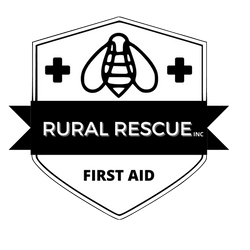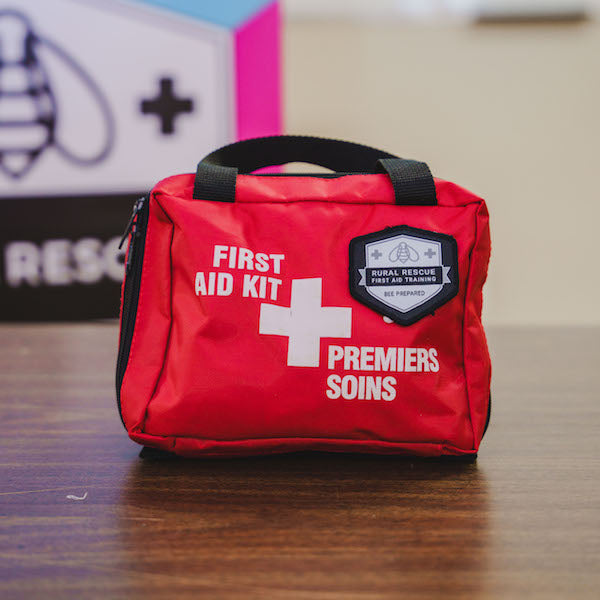Accidents and emergencies can happen anytime and anywhere, whether it's at home, work, or in public places. Knowing what to do in these situations can make all the difference in saving someone's life. In this blog post, we'll discuss the importance of learning first aid, the benefits of knowing first aid, and some of the basic first aid skills that everyone should know.
The Importance of First Aid: First aid is the initial assistance given to someone who has been injured or is suddenly taken ill. It involves assessing the situation, providing immediate care to the person, and getting them the appropriate medical help they need. The importance of first aid cannot be overstated, as it can help to prevent further injury or complications and save someone's life.
There are many benefits to learning first aid, including:
-
Being able to provide immediate assistance to someone in need: When you know first aid, you can quickly assess a situation and provide the necessary care to the person until medical help arrives.
-
Feeling empowered and confident in emergency situations: Knowing that you can help someone in an emergency can boost your confidence and make you feel empowered.
-
Reducing the risk of further injury or complications: By knowing how to provide basic first aid care, you can help to prevent further injury or complications until the person receives medical attention.
-
Potentially saving someone's life: In some cases, providing immediate first aid care can mean the difference between life and death.
Here are some of the basic first aid skills that everyone should know:
-
CPR and AED use: CPR (cardiopulmonary resuscitation) and AED (automated external defibrillator) use can help to restart someone's heart if they have stopped breathing or their heart has stopped beating.
-
Bleeding control and wound care: Knowing how to control bleeding and properly care for wounds can help to prevent infection and promote healing.
-
Choking response: Learning how to perform the Heimlich maneuver can help to dislodge a blockage in someone's airway and prevent choking.
-
Burns and scalds treatment: Knowing how to properly treat burns and scalds can help to relieve pain and prevent infection.
-
Sprain and fracture care: Knowing how to immobilize a sprain or fracture can help to prevent further injury and promote healing.
There are several ways to learn first aid:
-
Take a first aid course from a certified provider like Rural Rescue First Aid: Taking a first aid course from a certified provider, such as the Red Cross, can provide you with hands-on training and certification.
-
Read first aid manuals or guides: Reading first aid manuals or guides can provide you with the knowledge you need to respond in an emergency.
-
Use online resources and tutorials: There are many online resources and tutorials available that can teach you the basics of first aid.
Learning first aid is an essential skill that can benefit not only yourself but also those around you. By knowing how to respond in an emergency, you can provide immediate assistance to someone in need, feel empowered and confident, reduce the risk of further injury or complications, and potentially save someone's life. So take the time to learn basic first aid skills today and be prepared for any emergency that comes your way.

